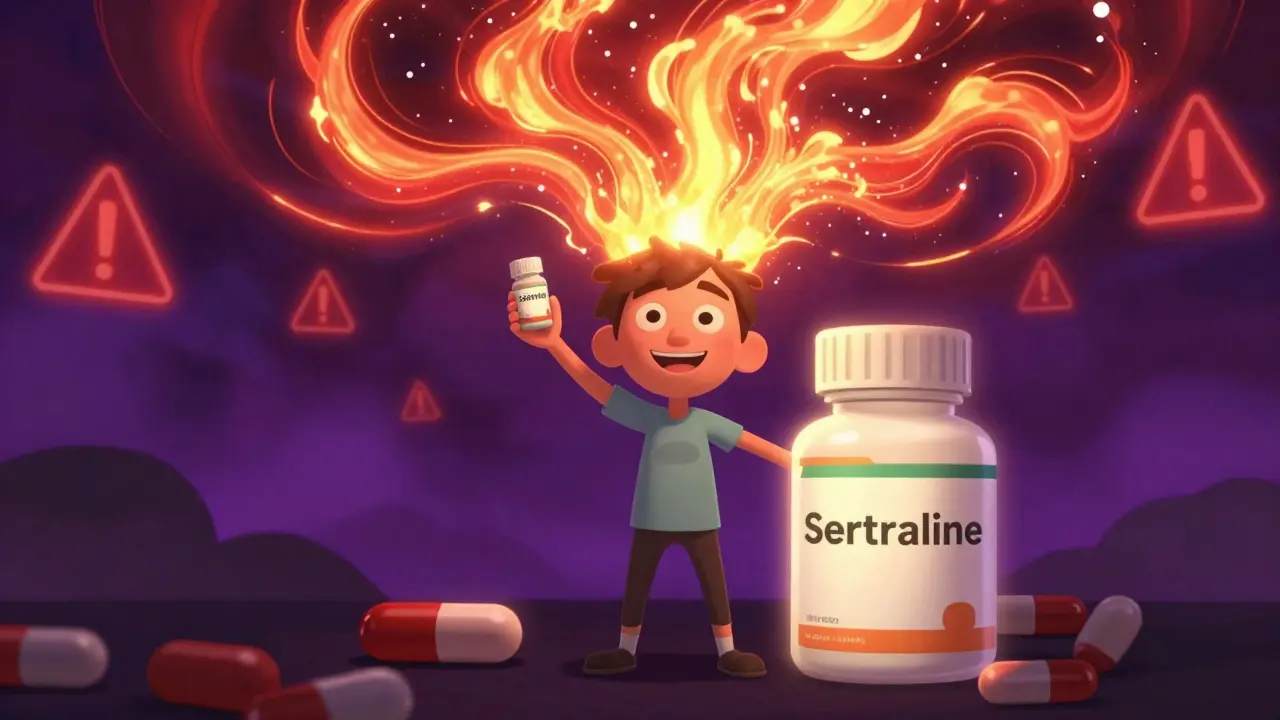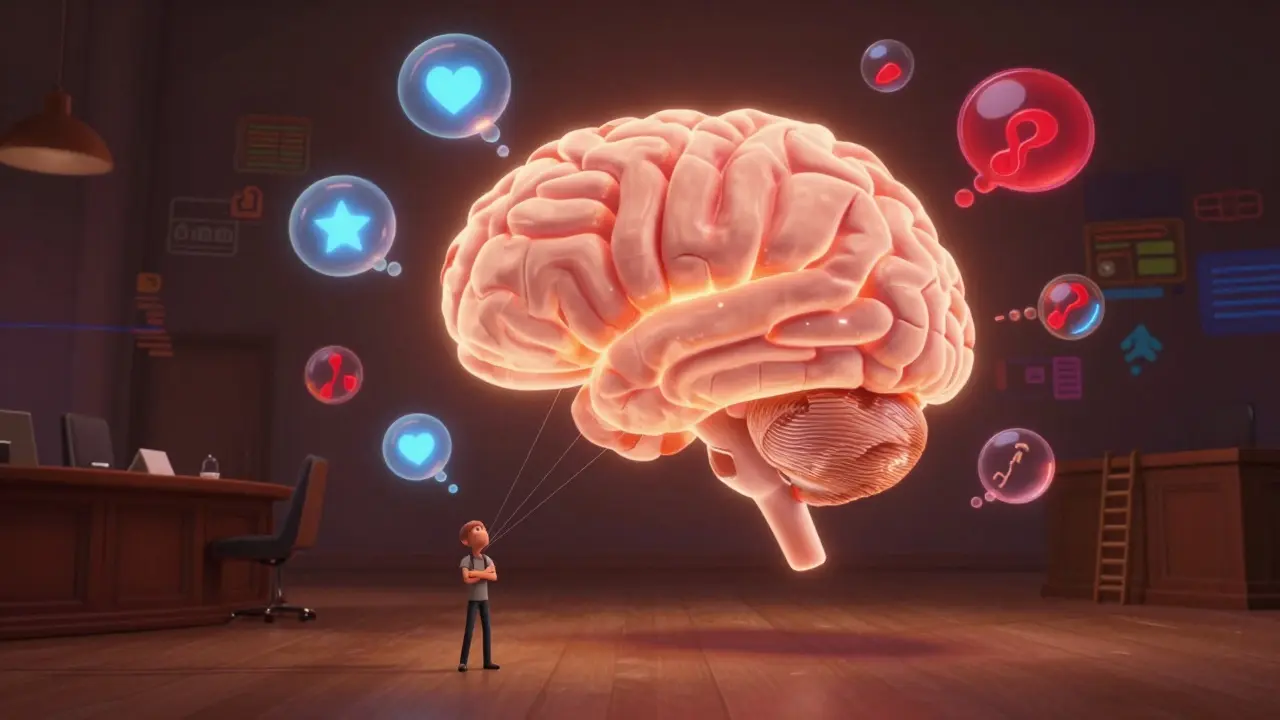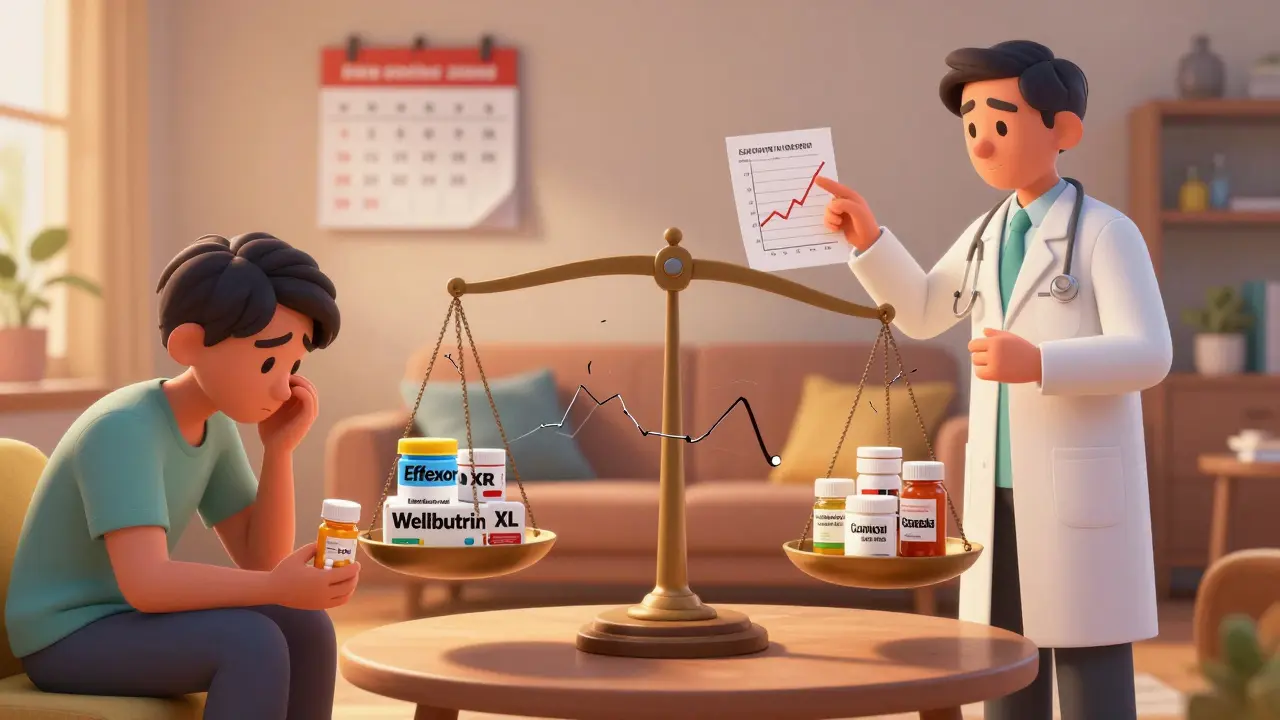Mental Health: Easy Guides to meds, conditions, and everyday tips
Feeling overwhelmed by all the mental health information out there? You’re not alone. This page breaks down the basics you need—no jargon, just clear answers. Whether you’re looking for details on a specific medication, trying to understand a symptom, or hunting for quick lifestyle hacks, you’ll find it here.
Understanding Common Mental Health Medications
Prescription drugs are a big part of many treatment plans, but they can feel mysterious. Take atomoxetine, for example. It’s often prescribed for ADHD and works by boosting norepinephrine levels in the brain. Many wonder how it affects memory—does it help you remember more, or does it make recall harder?
Our deep dive on atomoxetine and memory explains that the drug can improve focus, which in turn may help you retain information better during tasks that require sustained attention. However, some users report short‑term lapses in recall when they first start the medication. The key is to give your brain time to adjust and to pair the drug with good sleep and nutrition.
Other common meds include SSRIs for depression, antipsychotics for bipolar disorder, and benzodiazepines for anxiety. Each class works differently, so knowing the main purpose and typical side effects helps you talk confidently with your doctor. For instance, SSRIs often take a few weeks to lift mood, while anxiolytics can calm nerves within hours but may cause drowsiness.
Practical Tips for Managing Symptoms
Medication is just one piece of the puzzle. Simple habits can boost your mental well‑being dramatically. Start by setting a regular sleep schedule—your brain repairs itself overnight, and consistent rest improves mood and memory. Next, move your body. Even a short walk releases endorphins that counteract stress.
Nutrition matters too. Foods rich in omega‑3 fatty acids, like salmon or walnuts, have been linked to better brain function. If you’re on atomoxetine, keep an eye on appetite changes and eat balanced meals to avoid energy crashes.
When anxiety spikes, try grounding techniques: focus on five things you can see, four you can touch, three you can hear, two you can smell, and one you can taste. This quick reset can lower heart rate and keep panic at bay.
Finally, track your progress. A small journal noting mood, sleep, and any side effects creates a clear picture you can share with your healthcare provider. Seeing patterns helps you and your doctor fine‑tune treatment.
Feel free to explore the article on atomoxetine and memory for more details, and browse the rest of our mental health resources for condition guides, drug FAQs, and lifestyle tips. You deserve clear, reliable info that helps you live healthier every day.



